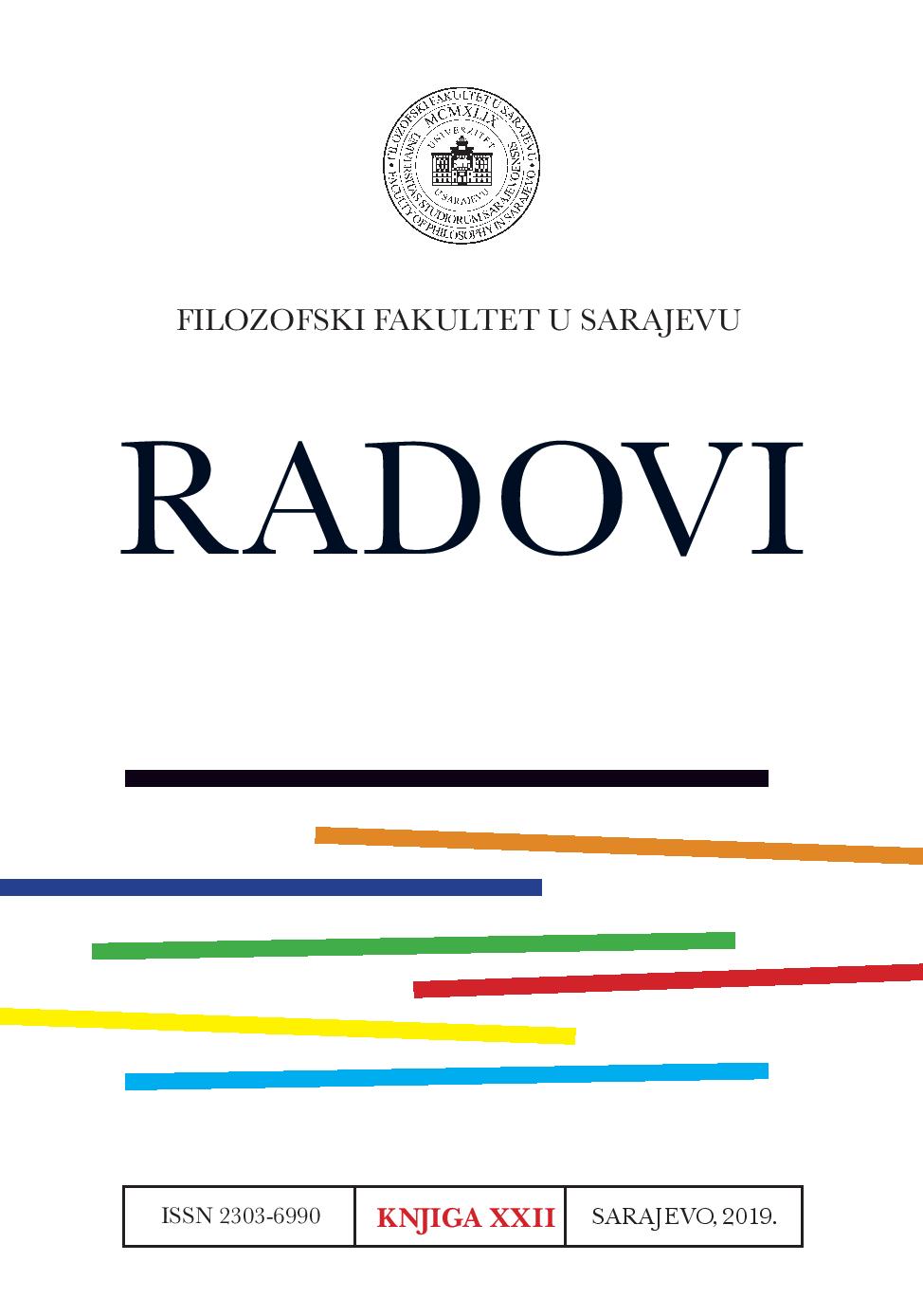IBN ‘ARABĪ I STALEŽ TRADICIONALNIH UČENJAKA ISLAMA
IBN ‘ARABĪ AND ‘ULAMĀ: A RECONSIDERATION
Author(s): Ahmed ZildžićSubject(s): Islam studies, Middle-East Philosophy, Contemporary Islamic Thought
Published by: Filozofski fakultet Univerziteta u Sarajevu
Keywords: Ibn ‘Arabī;ijaza;traditional Muslim scholars - ulama;Islamic disciplines;
Summary/Abstract: In this article, based on the writings of the great Muslim theosoph Muhy al-Din Ibn ‘Arabī, the author attempted to categorise all the different types of knowledge whose possession Ibn ‘Arabī claimed for himself. The purpose of that systematisation was to furnish an answer to the most fundamental question of whether or not Ibn ‘Arabī could and should be considered as a member in the class of traditional scholars of Islam – ‘ulamā; as is well known, many of his opponents sought in their arguments against the Greatest Shaykh to deny him precisely that privilege. Doubtless, the principal document to be examined in this regard is Ibn ‘Arabī’s ijaza (diploma) in traditional Islamic disciplines. The Ijaza exists as a separate text penned as an autobiographical source by Ibn ‘Arabī himself, which is the first of its unusual features. The Ijaza is divided into two parts: in the first part, the author lists all the teachers, disciplines, books, and other relevant information surrounding his education in various Islamic fields. In the second part of the text, he provided a list of his booklets and works from the traditional Islamic curriculum, presenting them as a direct outcome of his education and mastering of those sciences. In this article, all the relevant features of the Ijaza are briefly presented including the methods through which Ibn ‘Arabī acquired knowledge about Quranic sciences, the Prophet’s traditions, Islamic law, and other traditional Islamic disciplines before the most illustrious teachers of his times both in the Muslim West and East. The most decisive argument in favour of his membership within the ranks of ‘ulamā would somewhat ironically come from his detractors in their furious onslaught on his short collection of mystical poetry entitled The Interpreter of Inner Desires (Tarğumān al-ashwāq).
Journal: Radovi Filozofskog fakulteta u Sarajevu
- Issue Year: 22/2019
- Issue No: 1
- Page Range: 157-173
- Page Count: 17
- Language: Bosnian

